The OPEC Fund Annual Award for Development (AAD): US$100,000 prize
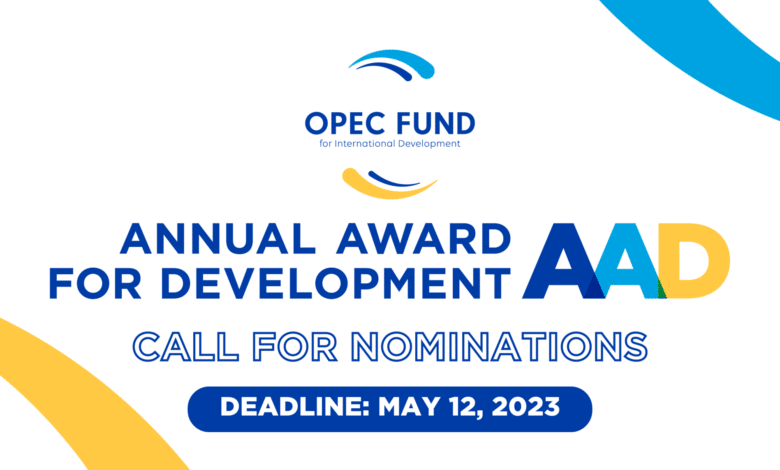
The OPEC Fund Annual Award for Development (AAD): US$100,000 prize
In recognition of the central role of women in the international development agenda, the OPEC Fund will present its 2023 AAD to a project partner working on the crossroads of gender equality, development and climate action.
The OPEC Fund Annual Award for Development (AAD)
The OPEC Fund Annual Award for Development (AAD) honors outstanding contributions to sustainable development with a US$100,000 prize. Established in 2006, the award annually recognizes a different theme of particular relevance to global development.
Theme – Gender Equality and Climate Action
Women and girls are at the forefront of the fight against climate change, and gender equality is critical to mitigate climate impacts: Women’s inclusion in climate discussions, as well as in planning and decision making, is also expected to improve outcomes of climate action.
At the halfway point to 2030, the world is not on track to deliver the Sustainable Development Goals (SDGs). While there has been progress, for example on SDG 7 – Clean and Affordable Energy, overlapping global crises such climate change, the COVID-19 pandemic and food insecurity have impacted the rate of progress, with women often bearing additional burdens.
Gender equality has its own dedicated goal within the 2030 Agenda, SDG 5. A further 10 SDGs present gender-specific benchmarks, underlining the important links between women’s empowerment and sustainable development from employment to education to health.
There is strong evidence of the synergies between gender equality, on the one hand and sustainable development, on the other. For example, when women are actively involved in public administration and decision-making, public resources are more likely to be invested in SDG priority sectors. Enhanced access of women to, and control over, agricultural assets and productive resources contributes to achieving food security and sustainable livelihoods (Food and Agriculture Organization of the United Nations (FAO), 2011). Access to decent work and regular income in the hands of women, for example, contributes not only to poverty reduction (SDG 1) but also supports better education, health and nutrition outcomes for women and girls and those who depend on them (SDGs 2, 3 and 4).
When safe drinking water is not available on premises, the burden of water collection and treatment largely falls on women and girls, who have to allocate significant amounts of time at the expense of other activities such as paid work and education. Survey data for 61 countries show that in 80 percent of households without access to water on premises, women and girls are responsible for water collection.
In the same vein, and besides the adverse health effects associated with indoor air pollution, women and girls spend a significant amount of time (18 hours a week on average) collecting fuel for cooking and heating, again at the expense of other activities. In this regard, “and as primary energy managers in households, they can play a pivotal role in the successful transition to sustainable energy for all” (Why Gender Equality Matters across all SDGs, UNWOMEN Report, 2018).
Heavily dependent on local natural resources for their livelihood, poor women living in rural areas are disproportionately affected by climate change, in particular in Asia and Africa where agriculture remains a dominant economic activity. Due to their rather limited access to land, credit and essential inputs such as fertilizers, irrigation, technology, information and markets, climate change adaptation and mitigation practices requiring the use of technical advances on heat-resistant and water-conserving crop varieties are also less likely to reach them.
In recognition of the central role of women in the international development agenda, the OPEC Fund will present its 2023 AAD to a project partner working on the crossroads of gender equality, development and climate action. Of particular interest are plausible contributions toward SDG 5: Achieve gender equality and empower all women and girls; and SDG 13: Take urgent action to combat climate change and its impacts.
WHO CAN NOMINATE?
- The nominating party should have direct knowledge of the nominated organization’s work.
- The nominating party may not be an employee or any other individual receiving remuneration for services from the nominated organization. Board members of the nominated organization may nominate, provided they receive no payment for their services.
- The nominating party may not be a family member or an employee of the nominated organization.
- The nominating party may not be the founder of the nominated organization.
- The nominating party may not be an OPEC Fund employee or board member.
NOMINEE ELIGIBILITY
- The nominee must be an established, nongovernmental charitable organization operating in a country or countries other than the OPEC Fund’s 12 member countries (Algeria, Ecuador, Gabon, Indonesia, Iran, Iraq, Kuwait, Libya, Nigeria, Saudi Arabia, United Arab Emirates, Venezuela).
- Nominees must be legal entities and have been so for at least three years.
- Nominees must have audited financial statements dating back at least two years.
- Nominees must have expenditures greater than US$1,000,000 (in their most recent audited accounts).
- Nominees may not be local offices of parent organizations, specific programs within organizations, university-based projects, or fiscally sponsored organizations.
EVALUATION CONSIDERATIONS
A nomination letter should emphasize the nominee’s accomplishments and future goals. Both historic and recent performance should be addressed. The following are elements to consider when describing a nominee’s work:
- Extraordinary contributions toward fostering development that empowers women while addressing climate change.*
- Established record of achievement particularly in the formulation, implementation and/or promotion of development solutions that drive gender equality and climate action in the global south.
- Demonstration of a compelling approach to making a lasting impact and evidence of results achieved and their sustainability into the future.
- Demonstration of effective partnerships, such as delivering initiatives in cooperation with multiple stakeholders, including governments, Donors and Civil Society Organizations
- Demonstration of the effective use of funds received from other donors.
- Innovation in program design or technology.
- Demonstration of strong project and financial management, including the tracking and documentation of relevant development outcomes such as the gender-disaggregated number of beneficiaries and measures of the achieved improvements.
- A project proposal for the use of the AAD grant proceeds that must align with the aforementioned thematic focus areas and principles. Particular consideration will be given to the relevance of project objectives, proposed approach and activities to achieving these objectives, as well as the expected results.
* Initiatives addressing climate change can aim to mitigate climate change (such as through adopting renewable or cleaner energy solutions, implementing circular economy initiatives, reforestation/natural resource protection, or similar) and/or adapt to it/strengthen resilience (such as through climate-proofing infrastructure, business models, farming practices, or similar). Favored initiatives would be climate action initiatives that ensure that women in particular stand to sustainably benefit from, and are empowered by, the implemented solutions.
NOMINATION REQUIREMENTS AND GUIDELINES
The nomination process is completed online. Once an organization has been nominated, the OPEC Fund will contact the nominee directly to ask for additional information and supporting documents, as appropriate. In addition, the OPEC Fund may contact the nominating party for the same purpose.
The nomination process involves the following steps:
- Step 1: Call for nominations. AAD information and nomination forms are available via the OPEC Fund’s website.
- Step 2: The nominating parties submit nomination forms in English via the designated email address: [email protected]. Nominations must be signed by a senior official (e.g. CEO, Vice-President, or Head of Operation) and cite the motivations for nomination. Supporting documents should also be submitted. The nominating party may only nominate one organization per year. Deadline to submit AAD nominations is May 12, 2023.
- Step 3: The OPEC Fund contacts the nominee and/or the nominating party for additional information and supporting materials.
- Step 4: The OPEC Fund AAD Committee reviews the nominations based on the aforementioned criteria, and makes a recommendation to the OPEC Fund Management for approval.
- Step 5: The OPEC Fund informs the successful nominee and nominating party of its decision via an official letter, including terms of utilization of the AAD grant proceeds.
- Step 6: Upon confirmation of acceptance of the AAD and terms of utilization of its proceeds by the awardee, the OPEC Fund plans and implements a dedicated communication campaign in partnership with the nominee. The nominee is expected to provide audio-visual material and written testimonials of its work, and agree to one or more filmed interviews with the OPEC Fund and select journalists for this purpose.
- Step 7: The OPEC Fund Annual Award for Development will be announced at the 2023 OPEC Fund Development Forum held in Vienna, Austria on June 20, 2023. Both the nominee and the nominating party are invited to the ceremony.
- Step 8: The ceremony may be preceded or followed by a press event hosted by the OPEC Fund in Vienna, Austria. Awardees may be expected to provide brief statements and press engagement. The OPEC Fund will work with awarded teams to prepare appropriate audio-visual material and testimonials for release ahead of said occasion.
- Step 9: The nominee is expected to showcase the AAD on its website and provide the OPEC Fund with updated audio-visual material and work testimonials both in advance of, and within one year of receiving the AAD. The nominee shall also report to the OPEC Fund within two years of receiving the AAD, outlining the main achievements attributable to the AAD. In addition, the nominee shall contribute to one of the OPEC Fund’s publications on subject matter related to the award and/or participate in a special event (TBD) to share learnings of recent achievements.
DEADLINE: 12 May 2023
MORE OPPORTUNITIES: AU Humanitarian Youth Forum: Apply
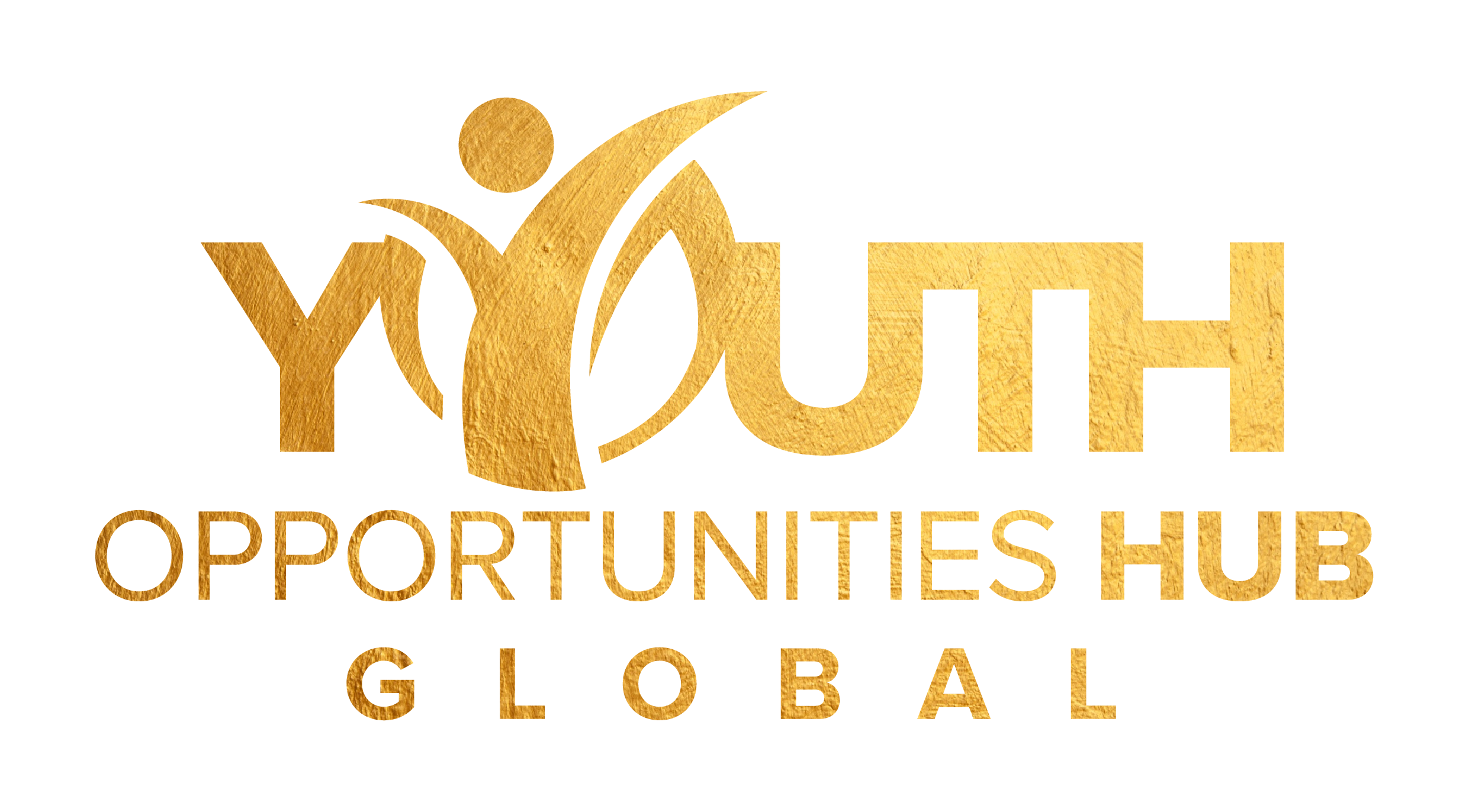
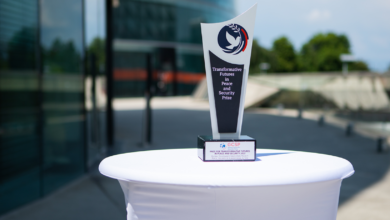
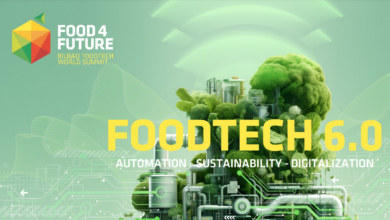
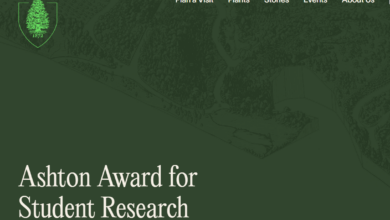
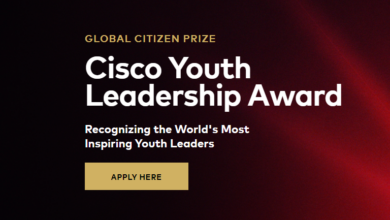
Ciao, volevo sapere il tuo prezzo.